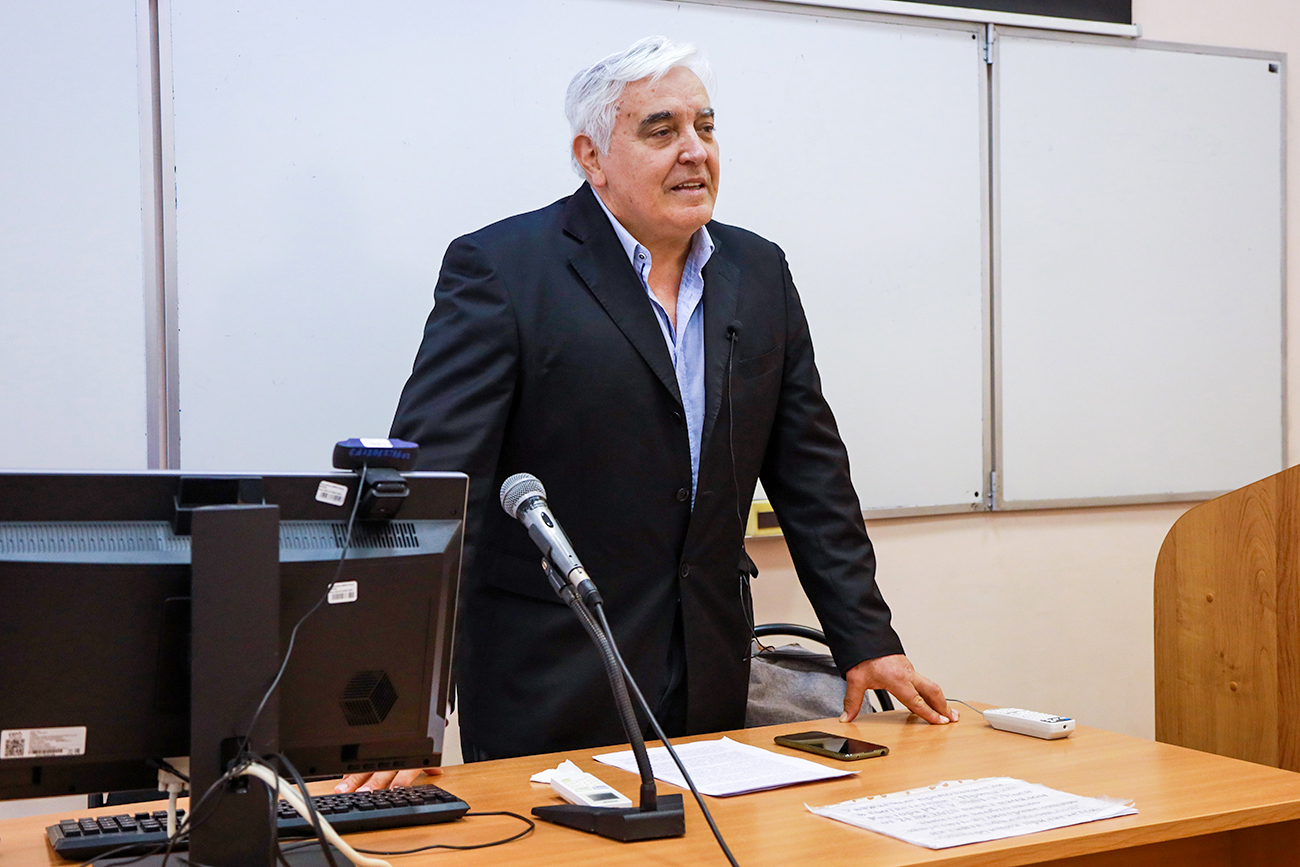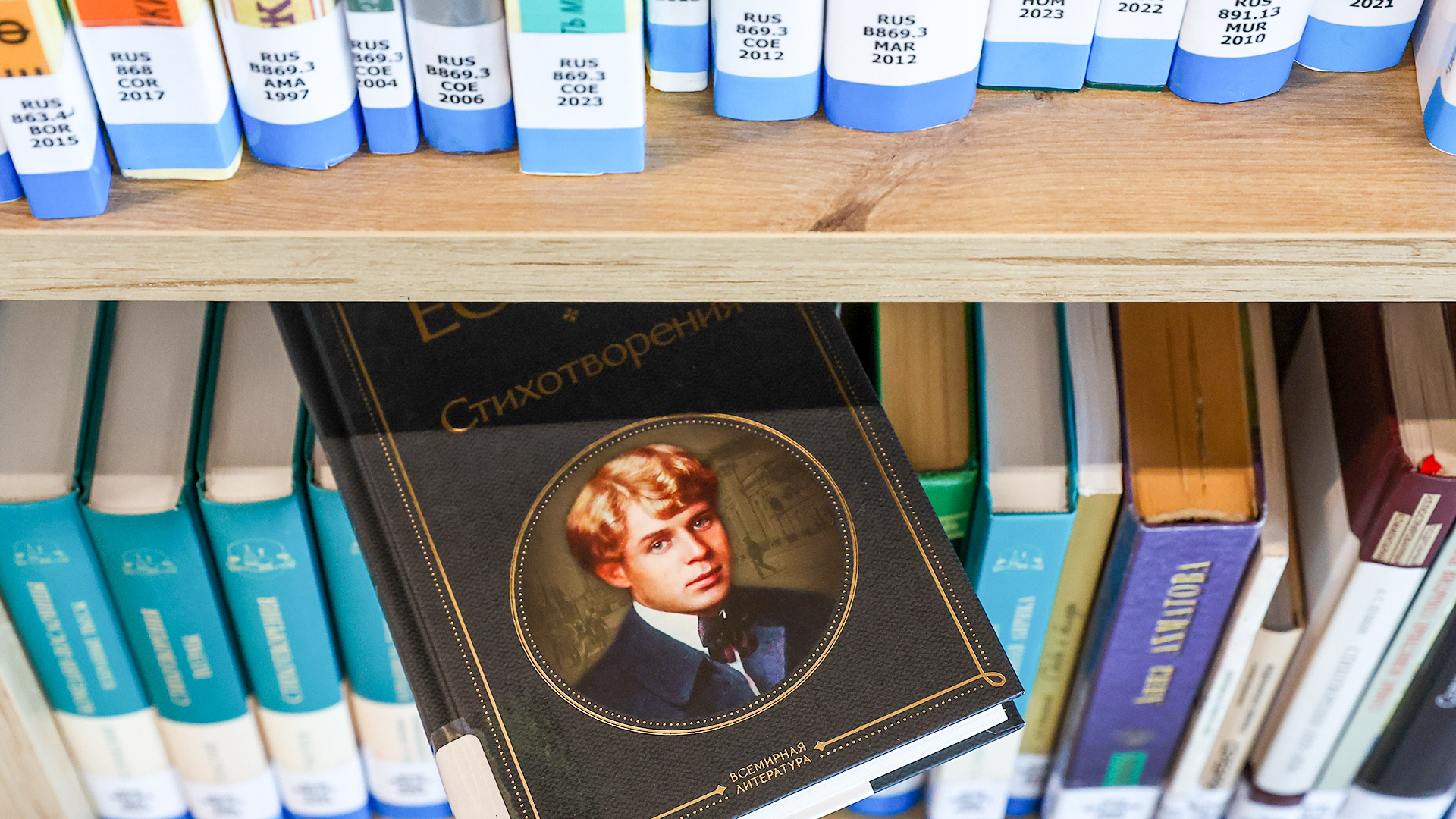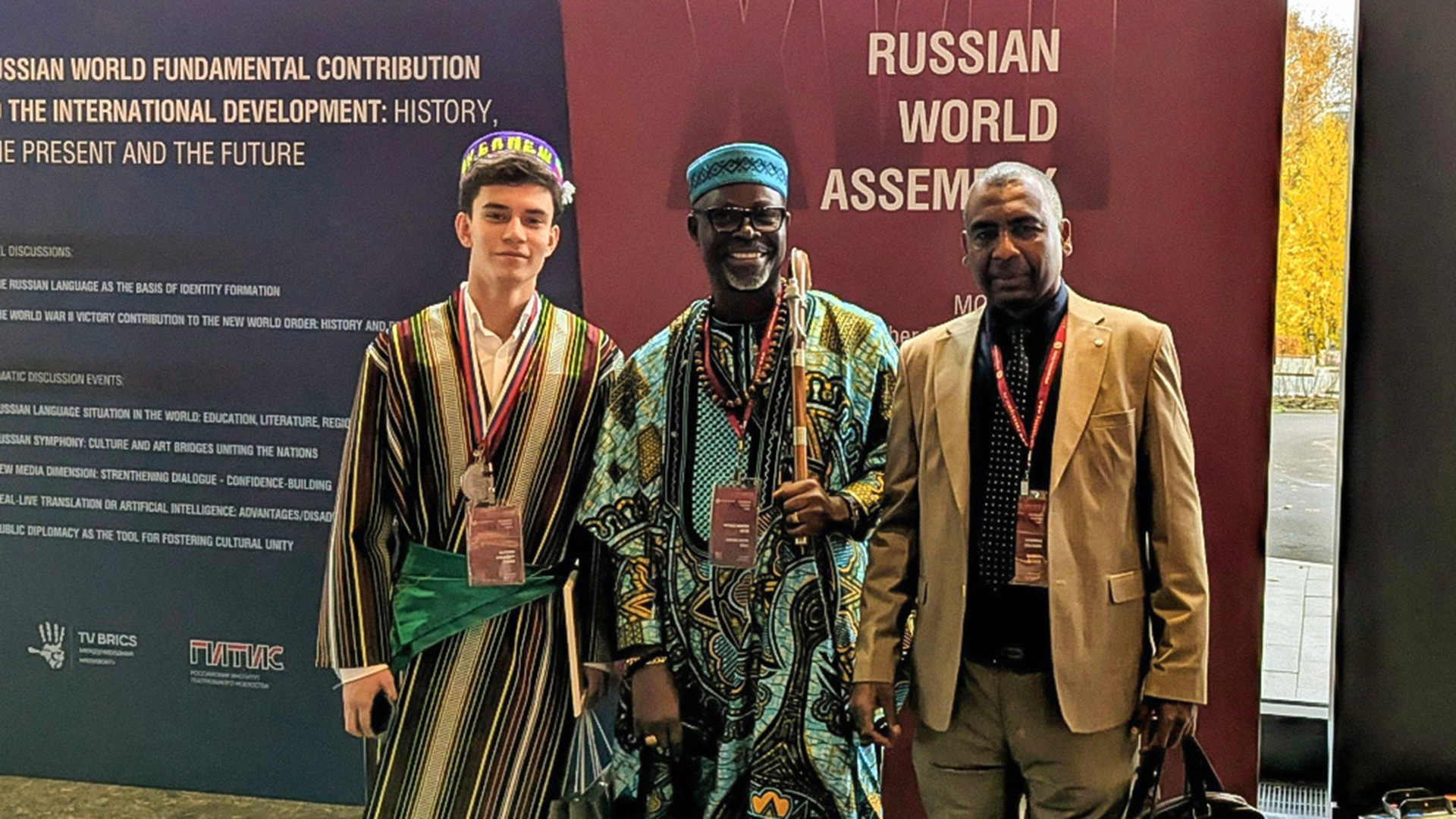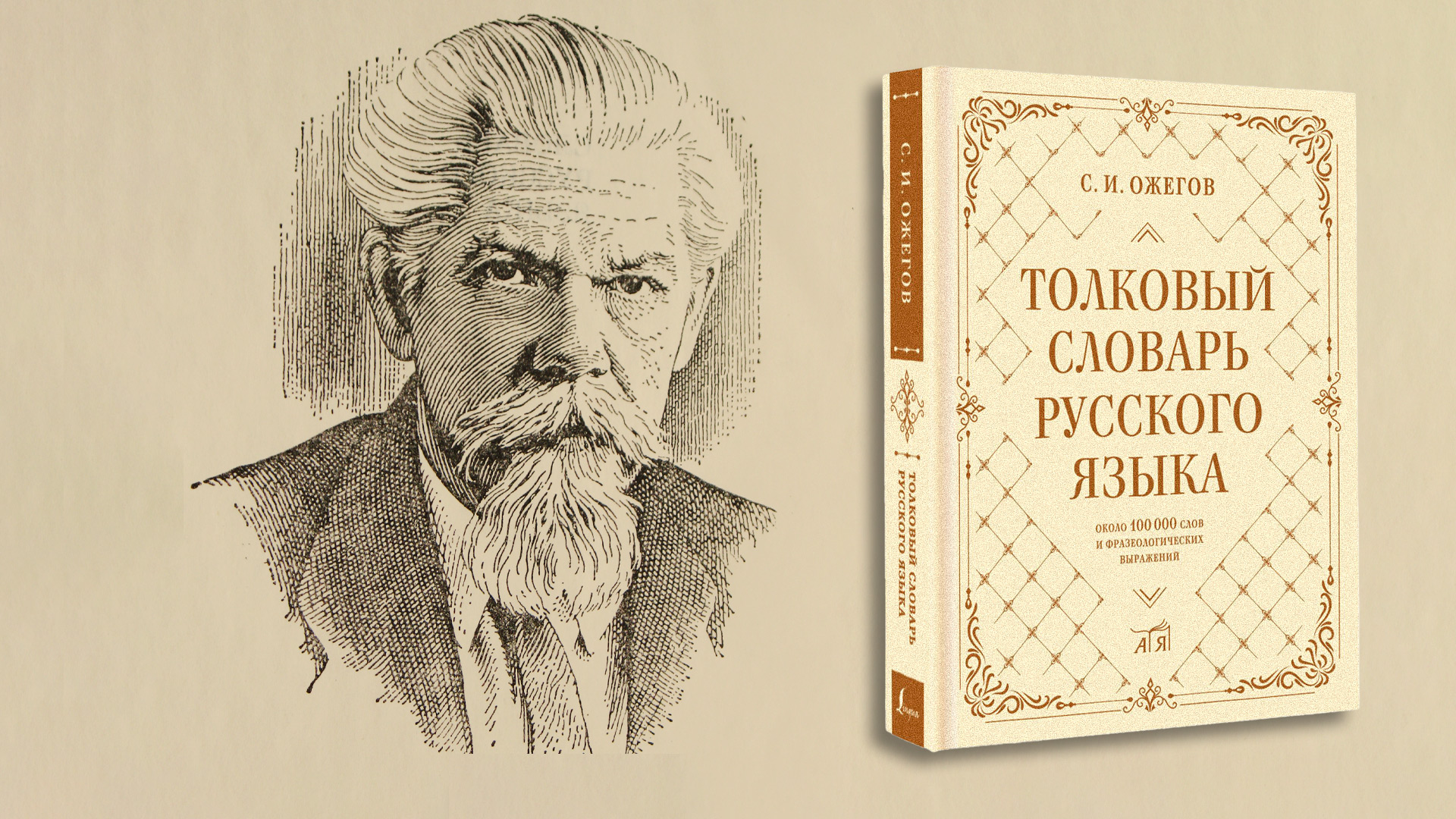
Who is studying Russian abroad in 2025 & why?

Interest in Russian culture continues unabated worldwide – the great novels of Leo Tolstoy and Fyodor Dostoevsky, as well as equally magnificent contemporary literature, theater, music and cinema, still provoke the imagination of millions.
For people who immerse themselves in Russian culture, the question of learning Russian inevitably arises at some point, which would enable them to read timeless texts in the original language. But, where does one learn Russian… outside Russia?
Well, first of all, at the Russian Houses of ‘Rossotrudnichestvo’ (they can be found in 80 countries worldwide). Both also support Russian language specialists and those interested in Russia.
For 10 years now, the Pushkin State Russian Language Institute has been successfully running the ‘Ambassadors of the Russian Language in the World’ international volunteer program.
Work also continues unabated in Slavic and Russian language departments, as well as in translation schools at many universities around the world.
From Granada with love
Professor Rafael Guzman Tirado of the University of Granada in Spain has been “serving”, as he himself says, the cause of promoting the Russian language in the world for 30 years, while also teaching Russian at two faculties of the university.
In 2021, he received citizenship of the Russian Federation for his dedication to the country. And, four years prior to that, the professor was awarded the ‘Order of Friendship’ by none other than President Vladimir Putin.
 Professor Rafael Guzman Tirado
Professor Rafael Guzman Tirado
“In recent years, there has been a slight decrease in the number of students in faculties where Russian is studied. But, this year, this trend has changed and the number of students is gradually increasing,” professor says.
“Interestingly, this year, for the first time, a group of students has emerged who have a clear idea of why they chose Russian. Usually – and this is very noticeable – in the first weeks, the first-year students encounter difficulties in learning the language (phonetics is particularly challenging for Spanish speakers) and it sometimes happens that they [give up and] leave. But, this year, not a single one has dropped out of our classes.”
Professor Tirado says that teachers of the Russian language try to help students find meaning in learning the language. That is, to find the path that will provide them not only with personal pleasure, but also with professional fulfillment.

“In our country, Russian is traditionally not taught in any schools (unlike in France and Germany). We are trying to change this situation and justify its inclusion in the secondary school curriculum as a second foreign language.”
Currently, there is a growing interest in studying Russian in Latin America, Spain and Portugal. This year, with the help of the ‘International Association of Teachers of Russian Language and Literature’ (MAPRYAL), a network of Ibero-American Russian language specialists and Slavists was created.
“This network aims to unite and organize teachers of the Russian language and I think this project is very important and will develop interest in the Russian language. We’re already feeling the results of our activities, as people are finding foundations that support their initiatives”.
Translating Russian literature as a reason to learn the language
According to the professor, a strong incentive for learning the language has emerged in recent years and it’s the translation of modern Russian literature. Various Russian foundations (for example, the Institute of Literary Translation) actively support foreign translators of Russian literature and regularly provide grants for such work.
Rafael Guzmán organizes international seminars on modern Russian literature, as well as competitions for young translators. Furthermore, in collaboration with the ‘Russkiy Mir Foundation’, the professor publishes textbooks on Russian literature.
 Various Russian foundations support foreign translators of Russian literature
Various Russian foundations support foreign translators of Russian literature
Professor Tirado himself was surprised to learn in 2020 that the bestselling novel ‘Laurus’ by Russian writer Evgeny Vodolazkin had not been published in Spanish, so he took on the translation himself. It has generated significant interest in Spain, as has Guzel Yakhina's novel ‘Zuleikha Opens Her Eyes’. Both novels have been republished several times.
Professor Tirado, as well as other global media leaders, will take part in the ‘XVII Assembly of the Russian World’, which will be held on October 20-22 in Moscow, where the status of the Russian language in the world and other issues will be discussed.














